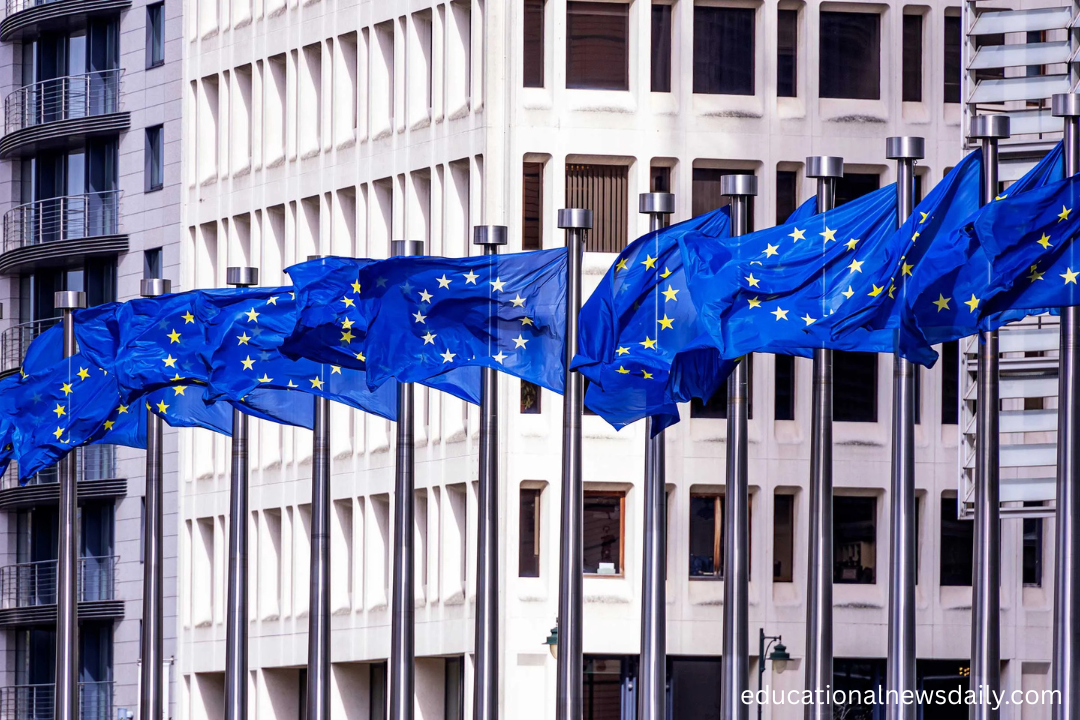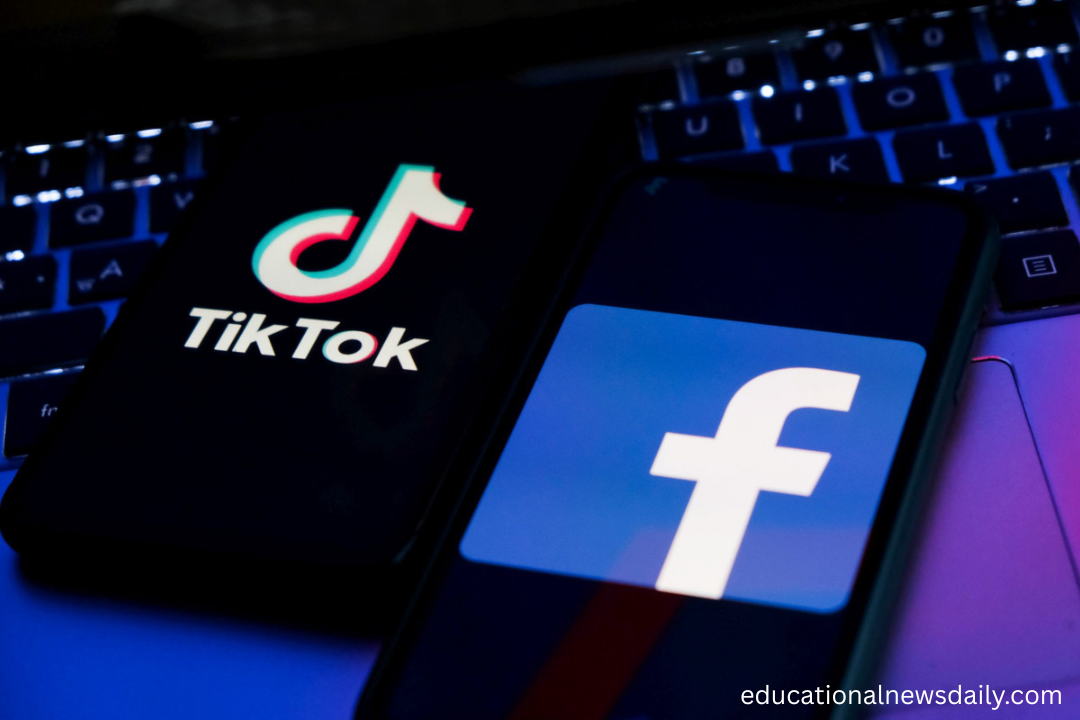Meta and TikTok have taken a firm stance against the European Union’s recent imposition of technology-related levies, escalating their opposition to the EU’s second-highest court. The case represents a critical turning point in the ongoing debate over digital regulation and fair contribution within the EU’s Digital Services Act (DSA) and Digital Markets Act (DMA) frameworks.
Why Meta and TikTok Are Pushing Back
The European Commission has introduced new digital regulations aimed at ensuring that major online platforms contribute fairly to the cost of maintaining and regulating the EU’s digital ecosystem. These include supervision fees to fund enforcement efforts under the DSA, affecting large-scale platforms like Meta and TikTok.
The dispute centers on how the EU calculates these fees and the fairness of the methodology, which both companies claim disproportionately targets U.S.-based tech firms. Meta and TikTok argue that the levies are not only unfair but also potentially illegal under EU law.
Legal Grounds for the Challenge
Meta and TikTok assert that the fees lack transparency and proper legal justification. According to legal filings, the companies claim that:
- The methodology for calculating the fees is inconsistent and discriminatory.
- There was insufficient consultation and oversight in the design of the fee system.
- The levies infringe upon principles of proportionality and equal treatment.
Both tech giants are invoking legal protections under EU treaties and administrative law, emphasizing the impact these charges may have on competition and innovation across the region.
The Court in Focus: General Court of the EU
The General Court, the EU’s second-highest judicial authority, will now review the challenge. While not as high-profile as the European Court of Justice (ECJ), the General Court handles cases of considerable legal and economic importance. Its rulings often set precedents that shape EU policy and regulatory enforcement.
Meta and TikTok’s decision to appeal to this level underscores their commitment to opposing what they view as an unjust financial burden. The court’s court’s judgment could influence how the EU enforces digital regulations for years to come.
Meta and TikTok: Growing Resistance to EU Oversight
This legal case is part of a broader trend in which major tech platforms are pushing back against increasing scrutiny in Europe. Meta and TikTok have faced numerous investigations related to privacy, misinformation, and content moderation. However, this is one of the few instances where both companies are united in a coordinated legal response.
By challenging the EU’s tech levies, Meta and TikTok are also sending a message to regulators: any expansion of oversight must be legally sound, economically justified, and procedurally fair.
Financial Stakes: What’s at Risk for Tech Giants?
For Meta and TikTok, the financial implications of these levies could be substantial. Estimates suggest that large platforms might be required to pay millions of euros annually. While this may not significantly impact the bottom lines of these companies individually, the precedent it sets could lead to broader financial obligations or encourage similar policies in other global jurisdictions.
Meta and TikTok’s resistance reflects a growing concern that regulatory fees may evolve into recurring operational costs with long-term impacts on profitability, user experience, and innovation budgets.
Broader Industry Reaction
Other global tech firms are closely watching the challenge by Meta and TikTok. Companies like Google, Amazon, and Apple are likely to analyze the court’s court’s decision carefully, considering their exposure to EU levies. Industry groups have already voiced concerns about the EU’s fee structure, urging regulators to adopt more inclusive and transparent approaches.
Should Meta and TikTok prevail, it could prompt a recalibration of how the EU funds regulatory oversight. On the other hand, if the court upholds the fees, more tech companies may face similar financial obligations in the near future.
European Commission’sCommission’s Position
The European Commission has defended its policy, arguing that the levies are essential for enforcing regulations that ensure a safer and fairer digital space. Officials claim that the fee calculation is proportional, based on the size and reach of each platform, and complies with EU law.
A spokesperson from the Commission stated that the fees reflect a shared responsibility among platforms to help maintain a secure digital environment for European citizens. The Commission remains confident that its approach will withstand legal scrutiny.
Implications for EU Policy and Digital Governance

Regardless of the court’s court’s outcome, the Meta and TikTok case is likely to have a significant impact on the future of EU digital policy. If the fees are overturned, regulators may be forced to revisit the entire funding model for digital enforcement. This could delay the full implementation of the DSA and DMA, potentially weakening the EU’s leadership role in global tech governance.
On the other hand, a win for the EU could embolden regulators to pursue even more aggressive measures, including stricter content moderation, algorithmic transparency rules, and antitrust actions.
Meta and TikTok’sTikTok’s Strategic Communication
Meta and TikTok have been careful in how they frame their legal challenge. Rather than portraying it as resistance to regulation itself, they emphasize their commitment to responsible governance and compliance. Their primary concern, they argue, is with the fairness and sustainability of the EU’s chosen funding mechanism.
Both companies have invested in public-facing campaigns to highlight their contributions to European digital life — from supporting creators and businesses to investing in data centers and job creation. By focusing on their positive impact, Meta and TikTok aim to counter the narrative that large tech platforms are merely evading accountability.
What Happens Next?
The General Court’s decision is expected in late 2025 or early 2026. In the meantime, Meta and TikTok will likely continue to engage with EU officials behind the scenes, seeking alternative frameworks for digital regulation financing.
Analysts predict that even if the court sides with the EU, the case will likely be appealed to the European Court of Justice (ECJ). As such, the legal and political battle over tech levies could continue for several years, shaping the broader regulatory landscape for digital platforms operating in Europe.
Frequently Asked Questions (FAQ’sFAQ’s)
What is the legal dispute between Meta TikTok, and the EU, about?
Meta and TikTok are challenging the European Union over newly imposed tech levies intended to fund enforcement of digital regulations under the Digital Services Act (DSA). They argue the fee structure is unfair, non-transparent, and discriminatory against large, non-European tech firms.
Why did Meta and TikTok take the case to the General Court of the EU?
Both companies believe the levies lack a legal and proportional basis. The General Court is the second-highest judicial authority in the European Union, capable of ruling on the procedural legality and administrative fairness of EU policy implementations.
What are the potential financial implications for Meta and TikTok?
The levies could amount to millions of euros annually. While manageable in isolation, the companies fear this sets a precedent for future recurring costs, possibly replicated in other global jurisdictions.
How does the European Commission justify the tech levies?
The Commission argues that the levies are fair and proportional, calculated based on each platform’s user base and influence. They are meant to fund the regulatory infrastructure needed to ensure online safety and compliance within the EU digital market.
Could this legal challenge affect other tech companies?
Yes. Other major platforms, such as Google, Apple, and Amazon, are closely monitoring the case. A favorable ruling for Meta and TikTok could encourage similar challenges, while a loss may solidify the EU’s regulatory funding model.
Do Meta and TikTok generally oppose EU regulation?
No. Both companies emphasize their support for responsible regulation. Their legal objection specifically concerns the fairness and transparency of the levy system rather than the goals of the Digital Services Act or similar laws.
What happens if Meta and TikTok win the case?
A victory could prompt the EU to reassess and redesign its approach to funding digital oversight. This might delay the broader enforcement of the DSA and alter the structure of future tech-related policies.
When can we expect a decision from the General Court?
A ruling is likely to be issued by late 2025 or early 2026. Depending on the outcome, the case may be escalated to the European Court of Justice (ECJ), potentially extending the legal battle for several more years.
Conclusion
The legal challenge by Meta and TikTok marks a defining moment in the relationship between global tech giants and European regulators. As the EU advances with ambitious digital oversight, companies are increasingly willing to resist policies they perceive as overreaching or discriminatory.
The General Court’s ruling in this case could influence not only the financial future of Meta and TikTok but also the direction of global tech regulation. In the digital era, where cross-border operations and international standards are crucial, striking the right balance between accountability and innovation remains one of the most significant challenges for governments and businesses alike.

